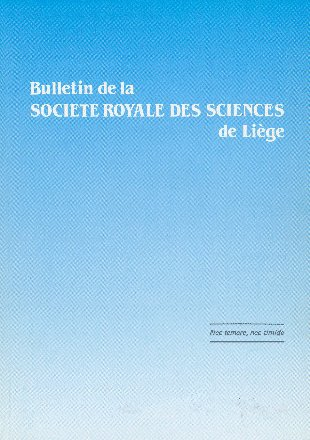- Startpagina tijdschrift
- Volume 80 - Année 2011
- Var C: (Semi-)Periodic Long-Term Variability
Weergave(s): 356 (4 ULiège)
Download(s): 498 (8 ULiège)
Var C: (Semi-)Periodic Long-Term Variability

Documenten bij dit artikel
Bijlagen
Abstract
Luminous Blue Variables (LBVs) are characterised by irregular photometric and spectral variabilities.
So far the underlying mechanism for these variations is not known. It is neither known under which circumstances massive stars become LBVs, nor what triggers the instabilities causing the variabilities, and if all massive stars in a certain mass range evolve into LBVs or not.
To find out more about the nature of the variabilities of LBVs, we investigated the long-term photometric and spectroscopic behaviour. One aspect of our analysis was the check for periodicity in the variations. Periodicity on smaller timescales in the order of approximately a few years is already known to occur in LBVs (van Genderen 2001). Detecting possible periodicity on larger scales (in the order of decades) was always difficult since most of the light curves do not reach back far enough and/or are much to fragmentary.
Combining historical and new data, we produced a light curve of significant length to perform a systematic search for long-term periodicity. We assume to have found long-term (semi-)periodicity of approximately 40 years being present in Var C. Seeing more than two full cycles gave us the possibility to make a prediction for the next maximum (2027±2).
Om dit artikel te citeren:
Over : B. Burggraf
Astronomisches Institut der Ruhr-Universität Bochum, Bochum, Germany
Over : K. Weis
Astronomisches Institut der Ruhr-Universität Bochum, Bochum, Germany
Over : D. J. Bomans
Astronomisches Institut der Ruhr-Universität Bochum, Bochum, Germany
Over : M. Henze
Max-Planck-Institut für extraterrestrische Physik, Garching, Germany






